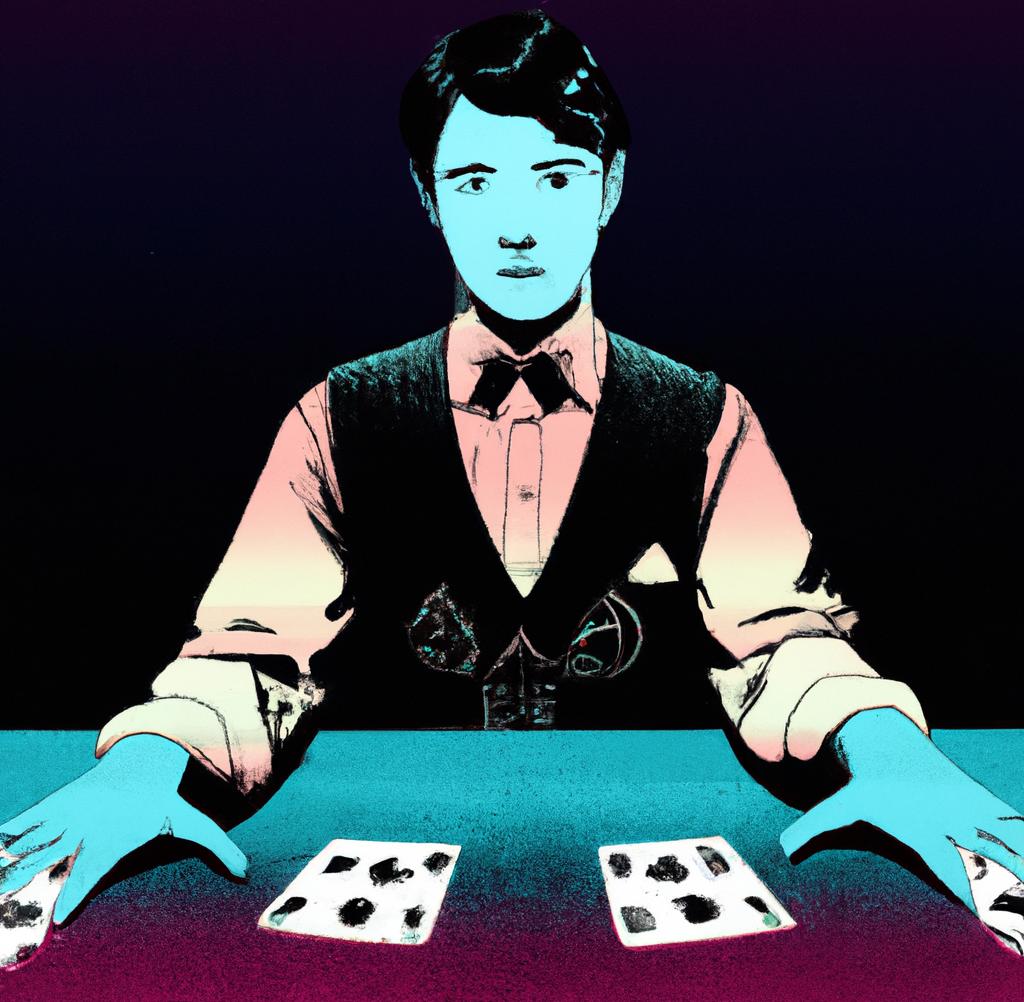Blackjack is a game of strategy and skill that involves making quick decisions based on the cards in the player’s hand and the dealer’s upcard. One of the most important decisions a player can make during a blackjack game is whether or not to double down.
Doubling down allows the player to increase their bet by up to 100% in exchange for receiving only one additional card. However, not all blackjack games allow players to double down at any time. In this article, we will explore when you can double on blackjack.
Exclusive BlackJack Casino Offers:
Basic Strategy
The basic strategy for doubling down in blackjack is to do so when the dealer has a weak upcard and the player has a strong hand. The idea behind this strategy is that if the dealer has a low card showing, they are more likely to bust than if they have a high card showing. Likewise, if the player has a strong hand (such as an 11), they are more likely to improve their hand with one additional card than they are to bust.
When Can You Double
The rules for doubling down vary depending on where you are playing blackjack. Most casinos allow players to double down on any two cards, while others restrict it to certain hands or limit it to once per game. Additionally, some casinos only allow players to double down after splitting their hand.
- Double Down on Any Two Cards: This is the most liberal rule and allows players to double down on any two cards they are dealt. This rule gives players more opportunities to take advantage of favorable situations.
- Double Down on 9-11 Only: This rule restricts doubling down to hands that total 9-11 only.
It is less liberal than allowing doubling down on any two cards, but still allows players to take advantage of favorable situations.
- Double Down on 10-11 Only: This rule restricts doubling down to hands that total 10 or 11 only. It is even less liberal than allowing doubling down on 9-11, but still gives players a chance to take advantage of good situations.
It is important to note that some casinos may have different rules for doubling down depending on the table limits or specific blackjack variant being played. Always check the table rules before sitting down to play.
When Should You Double
The decision to double down should be based on the dealer’s upcard and the player’s hand. As a general rule, players should double down when they have a total of 9-11 and the dealer has a weak upcard (2-6).
This gives players the best chance of improving their hand without busting. Players should also consider doubling down when they have a soft hand (a hand with an ace that can be counted as either one or eleven) and the dealer has a weak upcard.
Players should avoid doubling down when they have a total of 12 or more, unless the dealer has a weak upcard. This is because there is a higher likelihood that the player will bust with an additional card.
Conclusion
Doubling down can be an effective strategy in blackjack if used correctly. However, it is important to understand the rules for doubling down at your particular casino and to make strategic decisions based on your own hand and the dealer’s upcard. With practice and experience, you can become proficient in knowing when to double down in blackjack.





